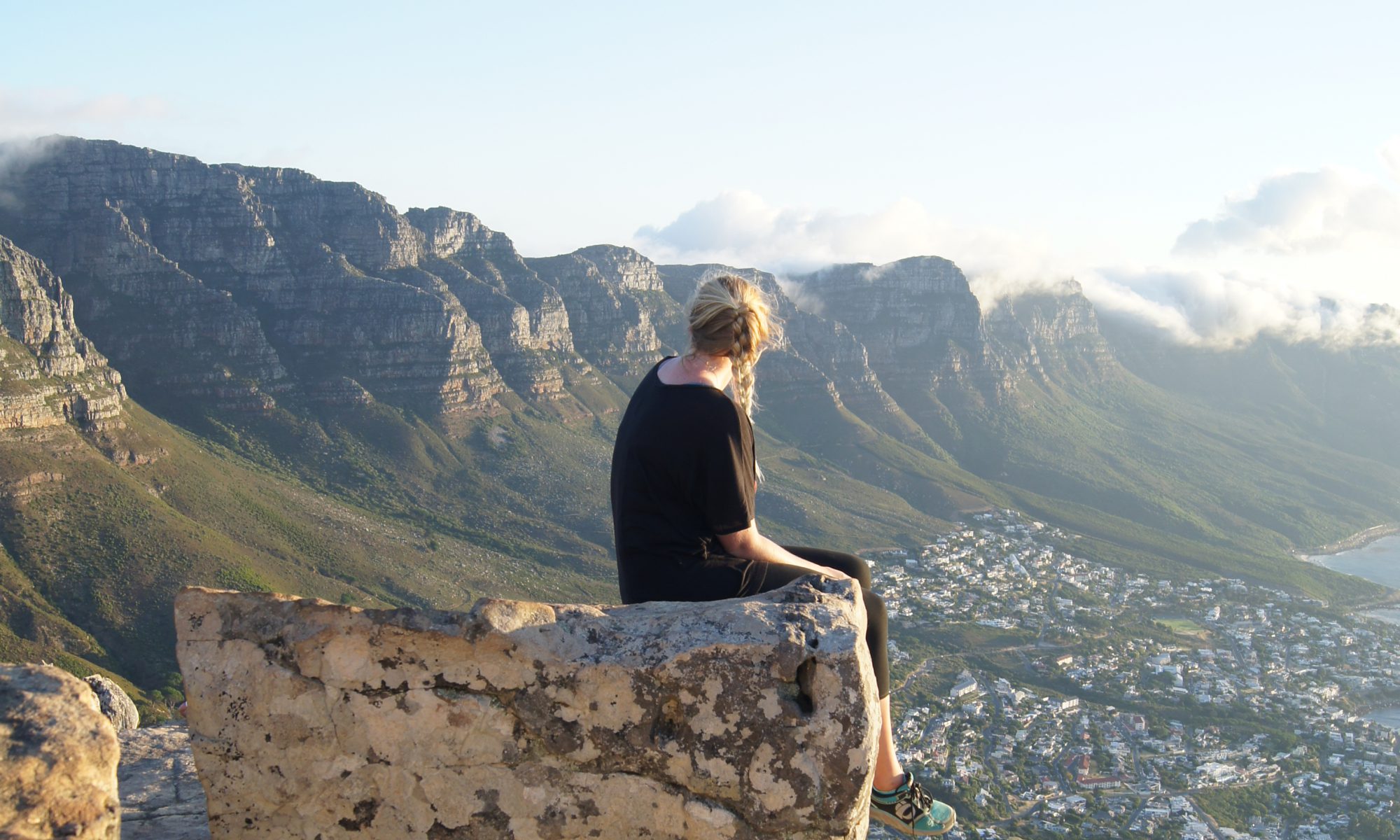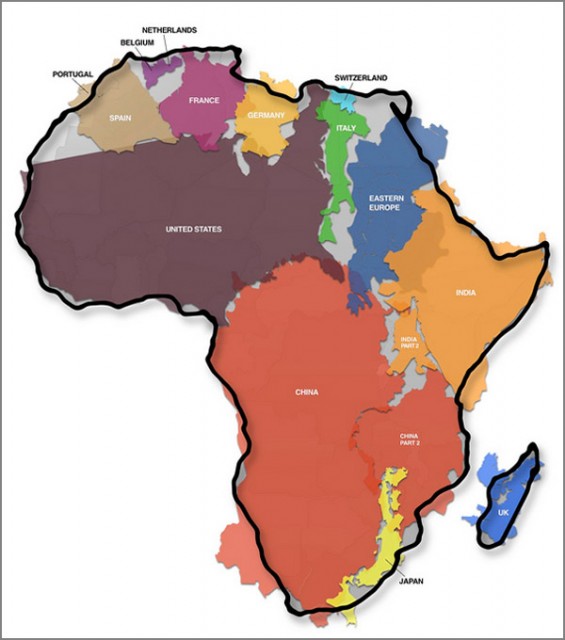Have you ever dreamed of tracking a pride of lions through the Africa bush? Singing “Hakuna Matata” and feeling truly free under a giant orange African sun?
From a blindly western perspective Africa often conjures up the image of the final frontier… excitement, adventure, incredible biodiversity and a little danger. Just imagine watching the great migration across the plains of the Serengeti; returning home and telling your friends and family that you’ve climbed Mount Kilimanjaro and defied all odds. Sharing facts like… “did you know that African hippos are the most dangerous large animal in the world?!”, “did you know a group of rhinos is called a crash?”
The colorful continent of majestic giraffes and great white sharks has an immense amount to offer any traveler or conservationist. In fact, there are many organizations that will help you get involved with wildlife work in a very hands-on capacity. If you have the financial means, you can go out and help tag leopards, dehorn rhinos and research African penguins. Henry David Thoreau famously said, “Wildness is the preservation of the world.” There is nothing more adventurous or wild than preserving iconic species alongside African game rangers, cowboys and conservationists.
But…how would you feel if you spent thousands of dollars on a flight, travel half way around the world and suddenly discover that our version of wild Africa simply isn’t true?
The hotly contested industry of “voluntourism” and “safari conservation” comes with its pros and cons. Regardless of your personal views on paying to volunteer – (as this is a totally separate issue) here are some basic things to know before you go spend time working or viewing African wildlife.
Game hunting
The hunting of large game is a culturally accepted way of life in Southern Africa. In fact, 11 sub-Saharan countries allow for legal game hunts. It’s difficult to separate hunting and conservation in the African context. Historically this is one of the reasons that conservation of African species has been so successful in southern Africa. There is very little government funding for environmental conservation in South Africa. Therefore, most of the land is privately owned. Most safari reserves are privately owned as well and reserve owners have to find a way of funding conservation and paying land tax. A male lion trophy hunt can sell for as much as $20,000 USD. Therefore, hunting can be very lucrative and easy solution to these common funding problems.
In essence, we can all thank the hunting industry for saving our beloved lions, cheetahs and rare antelope species. There is a MASSIVE debate about the industry in its modern form and how much money from wildlife hunting permits is actually going back into conservation. Regardless of my personal views on killing another creature (as I could never imagine doing so), this is fact – the history of safari tourism and game hunting have helped preserve Southern African species diversity. I will allow you to make your own judgements as to the future of game hunting and its role in conservation.
Read up on the history of game hunting before you go – HERE
Canned lion hunting/breeding
There is a large exploitative industry in South Africa involving lions. Companies breed cubs for tourism purposes – for cuddly photos and to walk with the adult lions in an “open” environment. They also commonly use volunteers to “rehabilitate” the lion cubs. Once they reach maturity these lions are too expensive to feed and care for, so they are sold to a hunting reserve. The lions are often baited for the hunt, tracked by guides and have been raised by humans. This essentially negates the argument of a fair kill. Another common practice is for these lions to be sold to Asia for rare meat consumption and the bones are used for medicinal purposes. Watch this short informative video from http://www.cannedlion.org or the new documentary “Blood Lions” and sign the Petition HERE
Engage, and form your own educated option – and steer clear of organizations promoting anything to do with lion cubs or lion walking for the time being.
Rhino Poaching
Rhino poaching is a severe and very real problem on the continent. This doesn’t present any physical harm to a traveler – but you should be aware. This will be talked about and you should be informed and involved.
Rhinos are poached for their extremely valuable horn. Their horn is brutally hacked off and sold to Asian countries for medicinal purposes and sometimes used as a “party drug”. Rhino horn is made of keratin, the same material as our own fingernails. Although there is no REAL benefit for human consumption, this horn is sold for $30,000 per pound – more than the street price of cocaine. This has compounded in disastrous effects for Southern African rhino populations in the past ten years. There are several prevatative methods in use including drones, dehorning rhino and transporting rhino to surrounding African nations. You can be directly involved in anti-poaching on the ground through various volunteer organizations – you can even join a horseback anti-poaching unit!
Rhino Revolution based in Hoedspruit, South Africa is doing a wonderful awareness campaign against poaching. You can also find out more about the rhino poaching crisis HERE – SAVETHERHINO.ORG.
Africa is MASSIVE
I hate to drum the obvious – but look at this map.
Any political issues that exist in west or north Africa will have essentially ZERO impact on your travels in Southern Africa (where most of the wildlife viewing exists). The Ebola crisis had a massive destructive impact on tourism in southern Africa – which is a shame as the outbreak was actually closer to most of western Europe.
The variety of species varies wildly across the continent. Not all reserves will have the “Big 5” but may offer more unique viewing opportunities than those who do. A private rehabilitation facility will offer the most “hands-on” options with animals. You likely will be given lots of responsibility with cleaning, feeding and general care of the animals. However, any decent operation should act with the principles of “rehabilitate and rerelease” not as a zoo environment. This means that the animals they have will come and go…species will vary. Some species are also more difficult to rehabilitate than others. For example, elephants are particularly difficult to rehabilitate effectively as they imprint on their caretakers. An elephant orphanage is a very different concept to a wildlife “rehabilitation” facility.
Research and be realistic – these animals are wild and species vary drastically throughout the region.
How do I find a volunteer organization where I can actually make an impact?
Coming from the USA the concept of paying to volunteer can sound strange. In fact, covering the cost of your stay on-site can help quality organizations on the ground complete their organizational goals more effectively. Sit back and have a deep think… as an untrained volunteer coming for a short stay – how much impact can I really have?
In the end, it is OK to pay for a program but make sure that you do your research. There are program providers and agencies that really do have a solid backbone in wildlife conservation. A program provider will also offer more support services on-site. It not worth compromising your feeling of personal safety for a cheap trip. If you aren’t 100% comfortable traveling on your own in a foreign country stick with an organization that you trust. Verify that they will assist you in any emergency and provide all your in-country transportation. Don’t be afraid to ask questions – particularly to previous participants. Ask for local contact info, utilize social media and look at your chosen project on their individual website before you go. GOOGLE IT. Each program provider acts as an agent and is essentially selling you a trip. This doesn’t mean volunteering is a scam…but know that you are booking a holiday with a twist. In 2-12 weeks you won’t change the world. BUT you will learn a TON and get your hands dirty… sure beats sitting at home and reading a blog about wildlife. 🙂
*Note – opt for an organization that hires local staff (who are certified and trained!). This promotes long-term sustainability. Many projects hire (often unpaid) international staff to manage operations on-site. As a foreigner this may seem like a cool opportunity to impress friends and family at home by living and working in Africa. However, it’s important to think about how your presence is playing into the larger economy and perpetuating colonial systems. Locals need to be trained and educated in wildlife and environmental conservation – jobs will never be available as long as foreigners are willing to come do these jobs for free.
*Also, don’t be afraid to approach a conservation organization directly about volunteering. If there is a cause or species that you are particularly passionate about they may be able to point you in the right direction.
So what now?
In Swahili the word “Safari” means to take a journey. So here is my advice – GO – LEARN and have up close and personal experiences with these unbelievable creatures. However, keep an open mind and realize that this experience is in fact a journey. Understand that there is an immense amount of culture and politics that has had an environmental impact in Africa. Go out – volunteer – give back and do your part in preserving the wild of our world!



2 Replies to “5 Things Everyone Should Know About Wildlife Volunteering/Sightseeing in Africa”